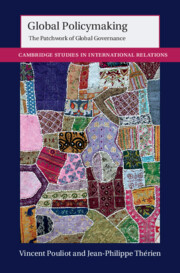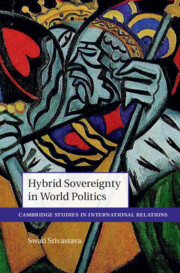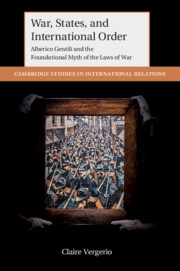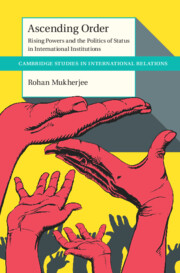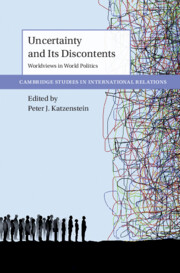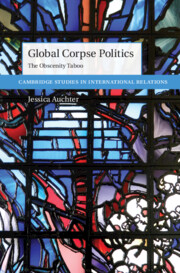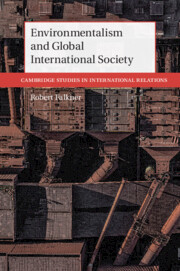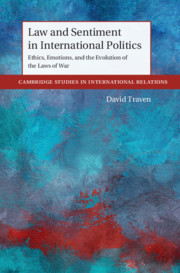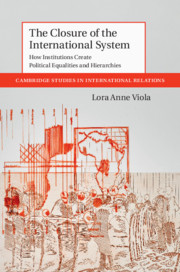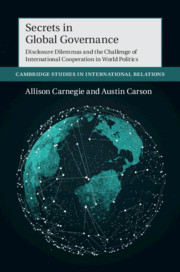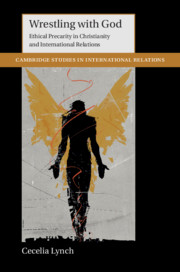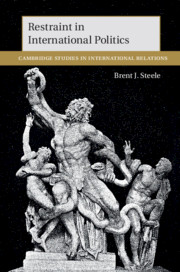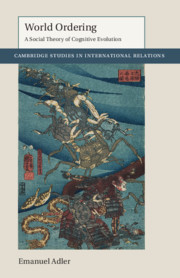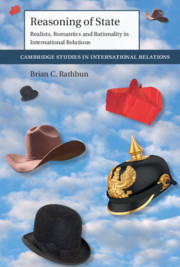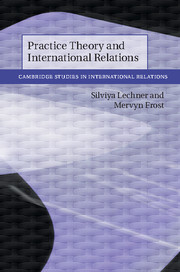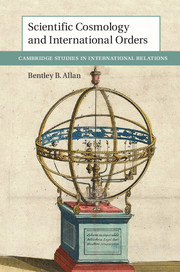BISA at ISA 2023
At the
Panel details with articles or videos relevant to each can be found below.
We will be holding a BISA reception on Thursday 16th March from 6.45pm at the Sir Winston Churchill Pub. The pub is located in the heart of downtown, just a few minutes’ walk from the ISA conference venues. We will showcase our two highly-regarded academic journals - Review of International Studies (RIS) and the European Journal of International Security (EJIS), as well as our fantastic book series which consists of over 150 books. Come and meet us, and some of our journal and book series editors, over a free glass of wine. There’ll also be a short BISA update and a supply of delicious canapes.
Where they are not open access, articles shown below are free access until the end of April 2023.
Cambridge Studies in International Relations
The benefits and pitfalls of practitioner-academic exchange
WA41 - Wednesday 08:15 AM - 10:00 AM
BISA Director, Juliet Dryden, will be speaking at this panel
Critical Studies on Terrorism Working Group
Title: “Putting terrorism back in the box? The “return of great power politics” and its effects upon terrorism dominated security agendas."
WB64: Wednesday 10:30 AM - 12:15 PM
Abstract
John Mearsheimer warned, early in the War on Terror, that terrorism was a distraction drawing resources away from the real dangers of international relations: great power conflicts. Concomitantly, coming from a different epistemological and political standpoint, critical terrorism scholars argued that the “threat of terrorism” was being systemically inflated to justify state repression across the world in a variety of forms (ranging from illegal wars, to the stigmatization of Muslim communities, to the implementation of 'preventing violent extremism' programs across health, education and social care sectors). Now, after more than two decades of the “terrorism era,” policy and scholarly attention is turning elsewhere. The return of 'old fears', particularly those of great power rivalry and interstate conflict (such as in Ukraine), and the rise of new areas of concern, such as cyber. Gathering scholars researching the impact of terrorism policy and legislation in the domestic and international spheres, this roundtable debates what will become of research and policymaking on terrorism. Where should terrorism be on the list of national and international security threats? What are the implications for those communities most affected by domestic counterterrorism, if they will be “finally forgotten?”
Participants:
Prof Charlotte Heath-Kelly, Dr Priya Dixit, Dr James Fitzgerald, Dr Jessica Auchte, Dr Harmonie Toros
Chair: Dr Raquel da Silva
Further reading
You can also watch BISA Director, Juliet Dryden, interview authors Charlotte Heath-Kelly and Laura Fernández de Mosteyrín about their article 'The political use of victimhood: Spanish collective memory of ETA through the war on terror paradigm'.
International Studies and Emerging Technologies Working Group
Title: From Offline to Online: Cooperation and Conflict in Contemporary Politics
TB66: Thursday 10:30 AM - 12:15 PM
Abstract
In the past couple of decades global crises and high stakes in the offline world have steadily moved into the online one. Emerging technologies, like Cyber and Artificial Intelligence, have become critical to the functioning of modern societies, both domestically and globally. Moreover, emerging technologies have the potential to advance revolutionary contributions to human life by supporting the generation of new ideas, politics, and businesses. Tellingly, the United Nations has acknowledged that emerging technologies, like cyber ones, are an area that cuts across all UN Sustainable Development Goals and a key enabler for achieving sustainable development. Emerging technologies have also become a key component of international relations leading to instances of cooperation but also of contention. All of the above has made the development and understanding of these technologies a national and international priority. This roundtable will present examples of lessons learned and contributions from the social sciences to the study of emerging technologies. Participants will also discuss emerging technologies' impact on contemporary society and international relations, including cyber and AI's impact on conflict, democracy, and security.
Participants
Nitasha Kaul, University of Westminster, Arthur Laudrain, University of Oxford, Tobias Liebetrau, Sciences Po Paris and Danish Institute for International Studies, Krisztina Csortea, Managing Editor at International Affairs and King's College London, Joe Burton, University of St Andrews, Simona Soare, The International Institute for Strategic Studies
Chair: Eugenio Lilli, University College Dublin
Further reading
You can also watch Noran Shafik Fouad discuss her latest article from the Review of International Studies (RIS). This handy six-minute summary will allow you to digest all the key points.
Meet the Editors: Publishing in the leading journals
FC23 - Friday, 1:45 PM - 3.30 PM (FC23)
With editors from both the Review of International Studies and European Journal of International Security
A video of this session will be made and available at a later date [TBC]
The role of think tanks, journals and professional associations in fostering inclusion
FC12 - Friday 1:45 PM - 3:30 PM
BISA Director, Juliet Dryden, will be speaking at this panel
European Security Working Group
Title: The war in Ukraine, the defence of Europe, and European defence
SB61: Saturday 10:30 AM - 12:15 PM
Abstract:
Russia’s war of aggression against Ukraine shook the European security architecture to the core. This roundtable will assess the implications of the war for the defence of Europe – and for European defence, i.e. the project to pool the defence efforts of the European states. Panellists will first of all assess whether NATO and the EU (both set to adopt a new strategic document in 2022) have significantly reoriented their strategies. US strategy will be considered as well, and the consequences for Transatlantic relations in light of the global context and the position of the other powers towards the war (such as China and India). There are institutional implications as well, in terms of NATO and EU enlargement and relations between both organisations. Instruments too will be assessed, notably the EU’s funding of arms transfers to Ukraine. Finally, defence capabilities will be central to the analysis: What extra defence effort has been confirmed? Which additional capabilities has it generated? To which extent have European Allies aligned or even integrated their capabilities?
Participants:
Simon J. Smith (Staffordshire University), Andre Barrinha (University of Bath), Sarah Lieberman (Canterbury Christ Church University), Andrew Cottey (University College Cork), Valentina Cassar (University of Malta)
Chair: Sven Biscop (Egmont - Royal Institute for International Relations & Ghent University)
Chair: Nele Marianne Ewers-Peters (Leuphana University Lüneburg)

